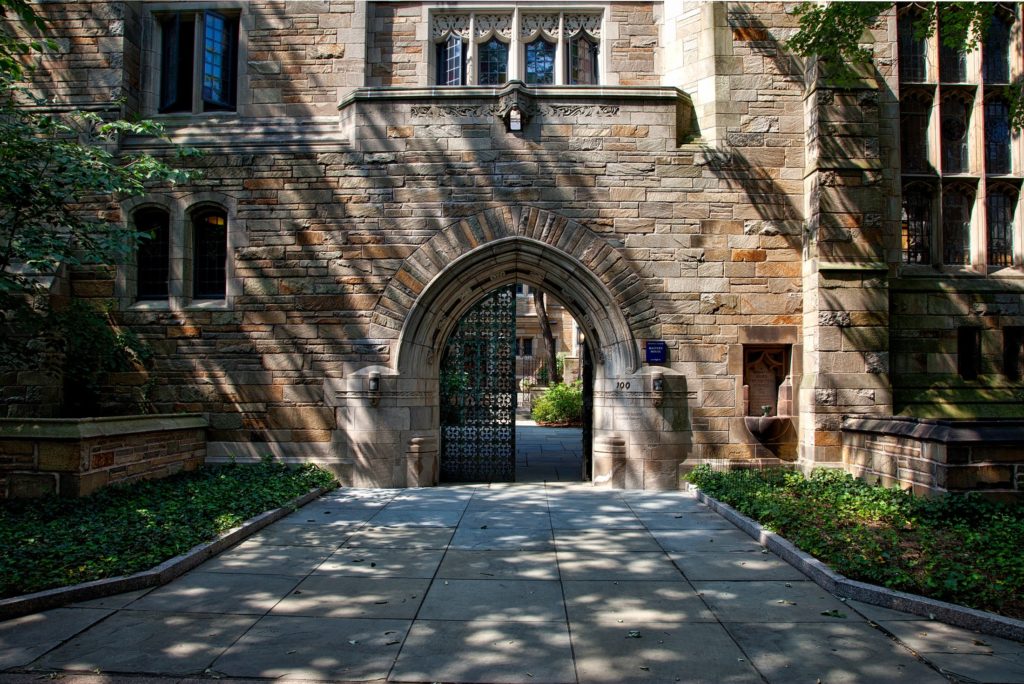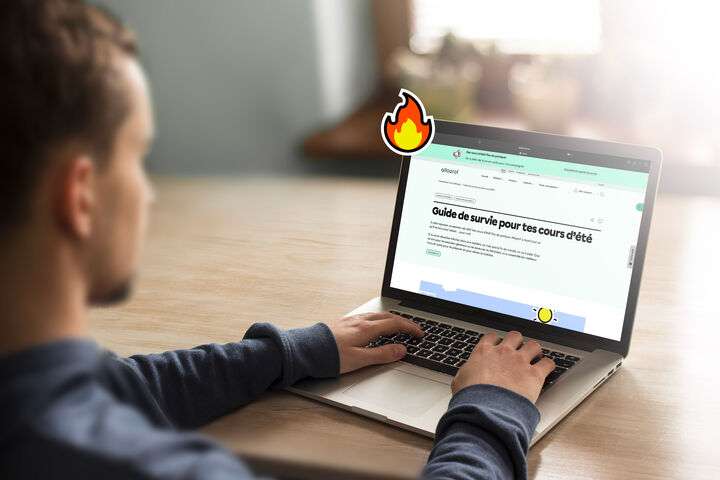Les éditions Nathan ont dévoilé les résultats d’une grande enquête menée en France sur la coéducation. Il en ressort que la définition de la coéducation parents-enseignants n’est pas la même de part et d’autre. Néanmoins, un consensus se pointe : « Il faut trouver des façons de faire ensemble ».
L’enquête, menée auprès de 2002 enseignants de la maternelle au collège (secondaire) et de 1002 parents, a été réalisée en collaboration avec Pierre Périer, sociologue et enseignant-chercheur au Département des Sciences de l’Education de l’Université Rennes 2, Lea.fr et l’institut d’études Junior City.
Bien que le terme coéducation soit utilisé officiellement en France depuis 2013 par le ministère de l’Éducation nationale, les résultats de l’enquête témoignent du fait que le concept même est encore mal compris. Les deux tiers (⅔) des parents ne reconnaissent d’ailleurs pas le terme de facto, même s’ils sont capables de nommer des gestes et actions qui font référence à la coéducation.
Qu’est-ce que la coéducation? C’est le partage entre les parents et l’école de la responsabilité et de la réussite des enfants.
Pas la même vision
De plus, parents et enseignants n’ont pas nécessairement la même définition de la coéducation. Selon les résultats de l’enquête, les parents la perçoivent comme une responsabilité partagée dans l’instruction scolaire alors que les enseignants « s’attendent davantage à ce que les parents préparent leurs enfants à être de bons élèves ».
« Les attentes sont différentes de part et d’autre. On sent que les enseignants sont encore sur la défensive, du fait qu’ils ne savent pas comment agir en plus d’agir dans l’urgence. Certains entretiennent même une culture de la porte fermée et n’ouvrent pas la porte de leur classe aux parents. D’ailleurs, en France, la majorité des écoles sont clôturées et les parents ne peuvent même pas entrer dans la cour », a fait remarquer Pierre Périer lors du lancement des résultats de l’enquête dans un webinaire.
Cet état de fait a sans doute freiné plusieurs parents, ce qui fait en sorte qu’ils sont souvent hésitants dans leurs démarches de communication vers les enseignants. Ils ne savent pas toujours jusqu’où aller. Néanmoins, ils sont plus de 40 % à croire que la mise en place d’une application numérique pourrait grandement faciliter les échanges entre parents et enseignants.
« Il faut le dire, l’école a tardé à jeter des ponts avec les parents (et même avec d’autres acteurs de la communauté). Aujourd’hui, il y a des repères à créer, des liens à tisser et chacun doit trouver sa place. La relation parent/enseignant se doit d’être explicitée. Toujours, il faut éviter la confrontation, garder l’esprit ouvert afin de favoriser la réussite et le bien-être des enfants », a indiqué le chercheur.
Facteur pandémie
Selon M. Périer, « le confinement a montré à quel point il faut faire ensemble ». La pandémie a définitivement prouvé des retombées positives de la coéducation. Elle a révélé des parents engagés dans la réussite de leurs enfants et des enseignants dédiés à leur travail, qui n’ont pas hésité à prendre le téléphone pour garder le lien avec des élèves.
« La période de confinement a poussé la coéducation à un niveau supérieur. Il n’y aura pas de retour en arrière. Toutefois, si le principe de « faire ensemble » semble désormais acquis, la question des formes, contenus et modalités de la coéducation reste à définir. Et il n’y aura pas de recette unique. Chaque milieu est différent et devra trouver la formule qui lui conviendra », a conclu le chercheur.
Bref, la coéducation peut prendre plusieurs formes : accueil des parents dans l’école pour différentes activités (sportives, culturelles, etc.), communication constante entre les parents et les enseignants, échanges informels dans la cour d’école, etc. Mais ce type d’activités est largement insuffisant, d’après M. Périer. « Chaque école devrait porter un projet qui est élaboré conjointement par les parents et l’équipe pédagogique », dit-il. Ce projet devrait prendre en compte les intérêts des jeunes et leur donner une voix.
L’important est que la dynamique demeure résolument humaine, que la relation se déroule dans un climat de confiance et que chacun (parent et enseignant) se rappelle que cette relation existe pour ce que le chercheur nomme l’éducation globale des enfants.
L’enregistrement de la présentation est disponible en ligne sur le site de Nathan.
En complément : L’École branchée vous offre des chroniques sur la coéducation école-famille. Surveillez la section Famille branchée et consultez la page de École branchée sur la famille.






